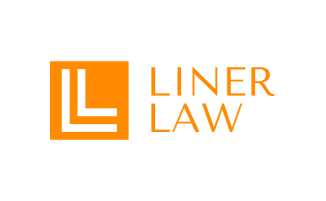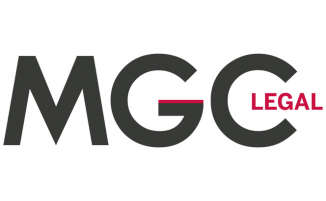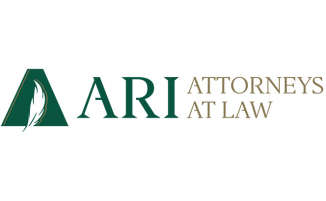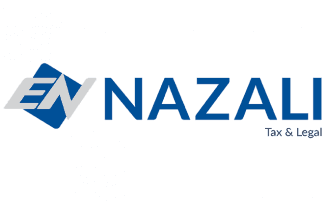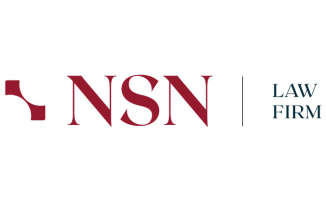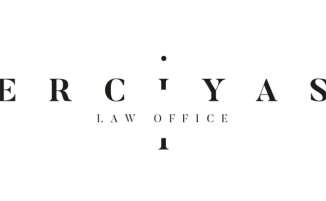In this article, we take a look at some of the Turkish Court of Appeals decisions concerning international arbitration from 2019 onwards, with a view to identifying whether Turkey is shifting towards a more pro-arbitration approach.
Turkey is hardly known as a particularly pro-arbitration jurisdiction. Although there are a number of pitfalls in the legislation, this is not quite the reason – the International Arbitration Act numbered 4686 is, after all, based on the UNCITRAL Model Law. Turkey has been a party to the New York Convention since 1991, and as the lex specialis, the Convention prevails over the International Private and Civil Procedure Law numbered 5718 (IPPL). The IPPL, which applies to enforcement of awards falling outside the scope of the Convention, was amended to accommodate the needs of a more arbitration-friendly environment. Continue reading “Sponsored briefing: An overview of recent court decisions in Turkey: Are Turkish courts becoming more pro-arbitration?”








